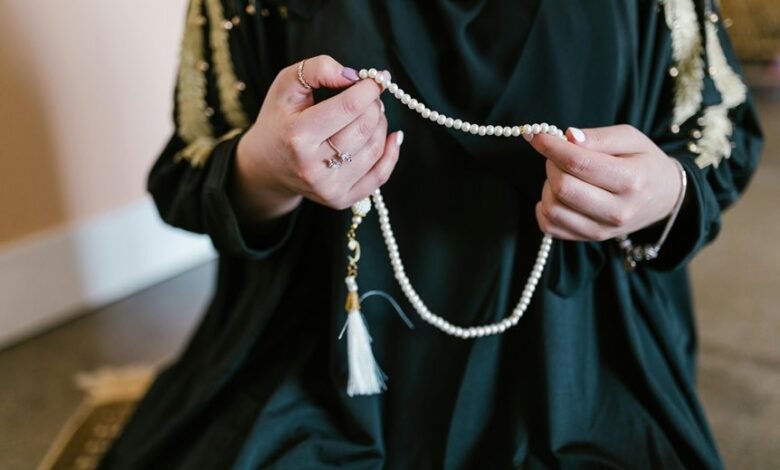Khana Khane Ki Dua: A Prayer Before Meals

Khana Khane Ki Dua holds significant importance within Islamic culture, serving as a ritualistic expression of gratitude before meals. This prayer not only reflects a deep-rooted tradition but also highlights the spiritual connection to sustenance. Its historical origins reveal layers of meaning embedded in the words. Understanding this prayer may transform one’s perspective on the act of dining. What implications does this have for communal relationships and the appreciation of food?
The Importance of Khana Khane Ki Dua in Islamic Culture
The practice of reciting Khana Khane Ki Dua, or the supplication before meals, holds significant cultural and spiritual importance within Islamic tradition.
It serves as a reminder of gratitude towards divine provision, enhancing the spiritual significance of nourishment.
Additionally, this ritual fosters communal bonding, as families and friends unite in a shared expression of thanks, reinforcing social ties and collective identity within the community.
Historical Origins of the Prayer
Reciting Khana Khane Ki Dua has roots that can be traced back to early Islamic teachings, where the act of expressing gratitude for sustenance was emphasized.
Historical practices reveal that this prayer’s significance lies in acknowledging the divine provision of food and fostering a sense of community.
Such rituals not only nourish the body but also elevate spiritual awareness, intertwining faith and daily life.
The Meaning Behind the Words
Khana Khane Ki Dua encapsulates profound spiritual significance, serving as a reminder of the interconnectedness between sustenance and gratitude.
This prayer reflects deep cultural practices that honor the act of eating as more than mere nourishment. It acknowledges the divine source of food, fostering a sense of community and mindfulness, while reinforcing the values of appreciation and respect for the resources that sustain life.
Enhancing the Dining Experience Through Gratitude
While many may approach meals as routine occurrences, integrating gratitude into the dining experience transforms it into a profound ritual.
Mindful eating fosters awareness of the food’s origins, promoting a deeper connection to both sustenance and community.
This practice not only enhances flavor but also provides spiritual nourishment, reminding individuals of the abundance that surrounds them and cultivating a lasting appreciation for every meal.
Conclusion
In conclusion, the practice of reciting Khana Khane Ki Dua before meals serves as a profound reminder of gratitude within Islamic culture. Notably, studies indicate that individuals who regularly express gratitude experience a 25% increase in overall well-being. This ritual not only enriches the act of dining but also reinforces communal bonds, transforming mere consumption into a moment of spiritual reflection and appreciation. Embracing such traditions can significantly enhance mindfulness and respect for the resources we often take for granted.




